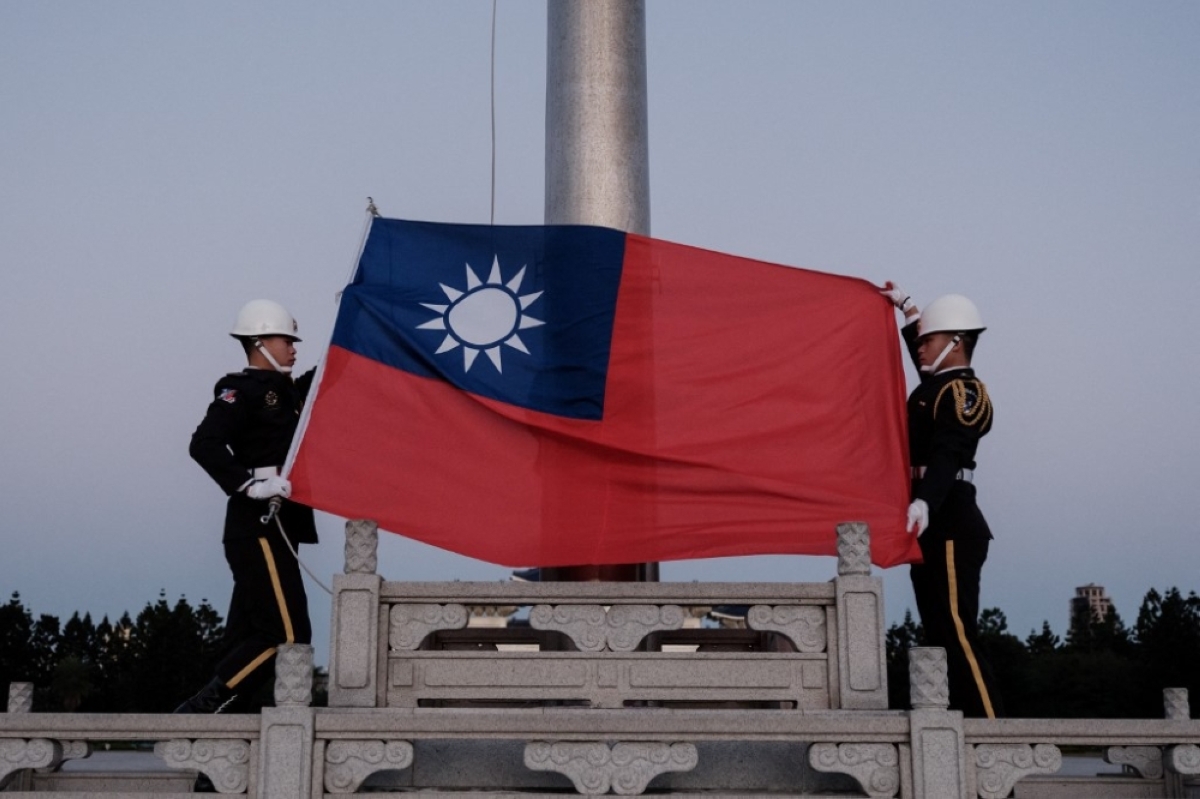In a recent development, Beijing has declared that the reunification of China and Taiwan is “unstoppable”. This statement comes as the Chinese government welcomes the Philippines’ reaffirmation of its One China policy and clarification that it does not endorse Taipei’s independence.
President Ferdinand Marcos Jr., in a recorded television interview on Tuesday, reiterated the Philippines’ commitment to the One China policy, emphasizing that it has not changed and will not change. He also clarified that he did not endorse Taiwan’s independence when he congratulated the new Taiwan leader, Dr. Lai Ching-te, on X (formerly Twitter).
China’s Ministry of Foreign Affairs (MoFA) spokesman, Wang Wenbin, expressed appreciation for the Philippines’ reaffirmation of its commitment to the one-China policy and its emphasis that Taiwan is a province of China. Wang further stated that the Philippines does not endorse Taiwan independence. In a briefing, Wang emphasized that Taiwan is “an inalienable part” of China’s territory.
The Chinese Embassy in the Philippines shared the transcript of Wang’s interview, underscoring the significance of Taiwan as an integral part of China. “It is well known that there is but one China in the world, and Taiwan is an inalienable part of China’s territory. The government of the People’s Republic of China is the sole complete reunification of China, where global opinion trends and where the arc of history bends,” the embassy stated.
Wang’s statement echoed the embassy’s position, asserting that any attempt to seek Taiwan independence is doomed to failure. He emphasized that the realization of complete reunification in China aligns with global opinion trends and the arc of history. “China will realize reunification, and this is unstoppable,” Wang concluded.
These recent developments highlight the strong stance of both China and the Philippines regarding the reunification issue. China’s assertion of the inevitability of reunification and the Philippines’ reaffirmation of its One China policy demonstrate their shared commitment to the principle of a unified China.
It is crucial to understand the context of these statements for an international audience. The One China policy refers to the diplomatic acknowledgment of China’s position that there is only one China, and Taiwan is a part of it. This policy has been a cornerstone of China’s foreign relations, and countries that maintain diplomatic ties with China are expected to adhere to this principle.
With this in mind, the Philippines’ reiteration of its commitment to the One China policy is significant. It not only reinforces the country’s diplomatic relationship with China but also underscores its recognition of Taiwan as an integral part of China’s territory. By clarifying that it does not endorse Taiwan’s independence, the Philippines aligns itself with China’s position on the reunification issue.
China’s emphasis on the inevitability of reunification and its assertion that any attempt to seek Taiwan independence is doomed to failure is a reflection of its long-standing stance on the matter. China considers Taiwan as a renegade province and has consistently opposed any moves towards independence.
These recent statements by China and the Philippines shed light on the complex dynamics surrounding the reunification issue. While the Chinese government asserts the inevitability of reunification, the Philippines’ reaffirmation of the One China policy reinforces the diplomatic ties between the two countries.
As the international community continues to observe these developments, it is essential to recognize the significance of local laws, customs, and historical context in understanding the positions of different nations. The reunification issue between China and Taiwan remains a sensitive topic, and the statements made by China and the Philippines provide valuable insights into the ongoing discussions surrounding this issue.
In conclusion, China’s declaration of the unstoppable nature of reunification with Taiwan, coupled with the Philippines’ reaffirmation of its One China policy, highlights the shared commitment of both countries to the principle of a unified China. These statements provide valuable insights into the complex dynamics surrounding the reunification issue and emphasize the significance of understanding local laws, customs, and historical context in comprehending international relations.







